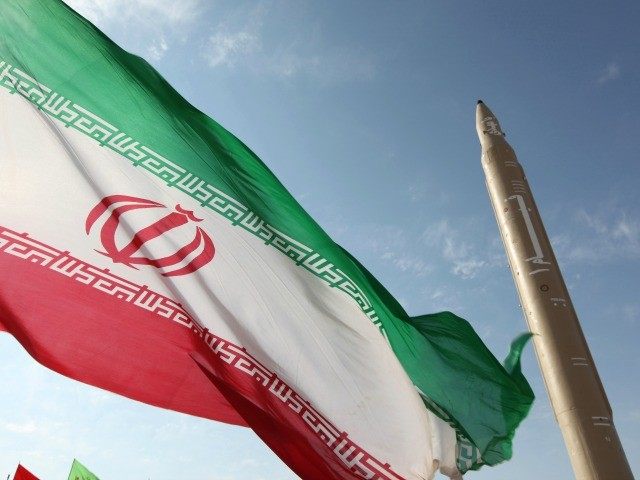- Fact-Check: Yes, the Obama-Clinton Recovery is the Slowest, Since...
- Fact-Check: No, Discriminating Among Immigrants on National Origin Is Not Unconstitutional
- Fact-Check: Tim Kaine Is Wrong; Trump Vowed to Deport 'Criminal Aliens' on 'Day One'
- Fact-Check: Tim Kaine Didn't Mention the Governor of Virginia Was a Segregationist Democrat When Bar
- Fact-Check: Tim Kaine Denies Boycott of Netanyahu
During Tuesday night’s vice-presidential debate, Democratic vice presidential candidate Tim Kaine asserted that, thanks to the nuclear deal with Iran known as the Joint Comprehensive Plan of Action (JCPoA), the Iranian nuclear weapons program has indefinitely ceased to exist.
“Did you know Iran was racing toward a nuclear weapon and Russia was expanding its stockpile?” Kaine asked, adding later, “Under Secretary Clinton’s leadership… [the United States] worked a tough negotiation with nations around the world to eliminate the Iranian nuclear weapons program without firing a shot.”
There is no evidence that the Islamic Republic of Iran has abandoned its nuclear ambitions, and subsequent revelations of secret “side deals” as part of the greater JCPoA exposed the fact that Iran may be able to double its uranium enrichment capacity after a decade.
The Iranian nuclear deal was signed in July 2015. A year later, the Associated Press published the provisions hidden in a document not publicly available previously, which elucidated what would happen to the Iranian nuclear program after the first ten years of the agreement’s implementation. According to that document, Iran will be allowed to begin “replacing its mainstay centrifuges with thousands of advanced machines.” While it will ultimately possess fewer centrifuges to enrich uranium with, these machines will be so efficient, the AP notes, that “they will allow Iran to enrich at more than twice the rate it is doing now.”
A report released this September by the Institute for Science and International Security found that the deal will also allow, through an exemption, Iran to keep 50 tons of heavy water and “continue operating 19 ‘hot cell’ radiation containment chambers.”
Possessing materials such as enriched uranium and heavy water does not necessarily mean Iran will have the capacity to restore its nuclear program. The deal will not allow nuclear inspectors to confirm, however, whether or not Iran is complying with the deal. Iran got negotiators to agree that no U.S. nuclear inspectors will be allowed on Iranian soil.
Iran’s Supreme Leader Ayatollah Khamenei has done little to calm those alarmed by the possibility of Iran having access to advance uranium enrichment technology. Shortly after the signing of the deal, he published a book titled Palestine, in which he argues that Iran has a role to play in the destruction of Israel, and so must work to create and possess the strongest weapons possible.

COMMENTS
Please let us know if you're having issues with commenting.